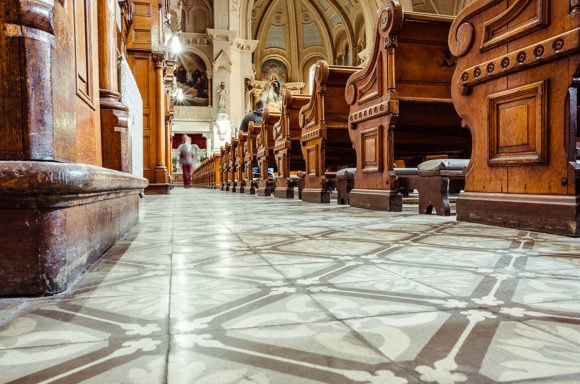A New Orleans attorney who represents victims of clerical sexual abuse was fined $400,000 by a federal bankruptcy court judge after he alerted a local Catholic high school that a priest who worked there, Paul Hart, sexually abused a teenage student at another institution in the past.
Church officials never disclosed Hart’s case after the victim came forward in 2012, and the details were turned over when the diocese filed for bankruptcy protection under Chapter 11 in May 2020. The court ruled that the attorney violated confidentiality rules when he alerted the school where Hart was employed. You can read more about the case here.
This story shows why CHILD USA is advocating for reform of the Chapter 11 bankruptcy system for cases involving child sexual abuse. In addition to confidentiality rules, as was the issue in this case, the automatic stay under Chapter 11 also allows institutions to avoid disclosing details of the abuse and who was responsible for the coverup.
When an institution files for bankruptcy under Chapter 11, the filing operates as an automatic stay, which temporarily stops any civil lawsuits against the organization. Therefore, victims are unable to gather information and conduct interviews with witnesses through the discovery process to determine the institution’s role in the abuse and the actors responsible for concealing it. Victims could also uncover other hidden perpetrators and actors responsible for the abuse in this process.
Instead of halting all active civil litigation related to child sex abuse when an institution files for bankruptcy under Chapter 11, victims should be permitted to continue conducting discovery. This would improve the accuracy and quality of bankruptcy claims and reorganization plans, as well as identify unknown predators, provide victims better access to justice, and more effectively educate the public on how institutions enable abuse.



